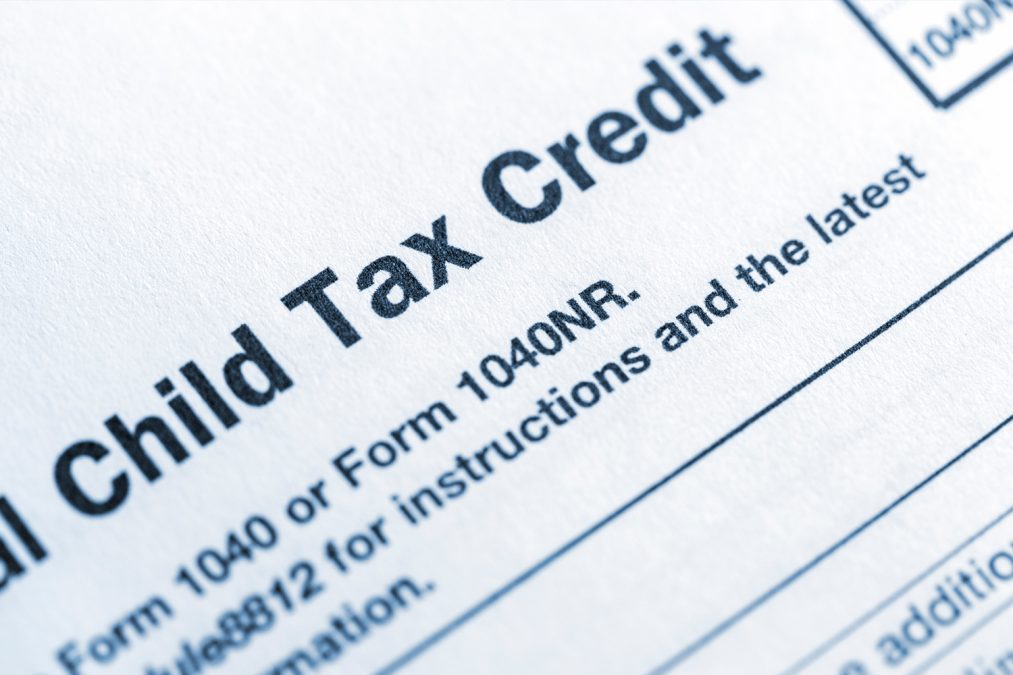
Last year, the increased Child Tax Credit was a birth parents’ lifesaver. The credit typically has a value cap of $2,000 per qualified child. The credit’s maximum amount increased to $3,000 for kids aged 6 to 17 and $3,600 for kids under 6.
In addition to becoming completely refundable in 2021 (as opposed to its usual maximum reduction of your tax bill to $0), the credit was also made available to beneficiaries early in the manner of monthly installment payments for half of it.
Bank accounts received those payments between July and December. By the end of 2021, approximately 4 million individuals entitled to Child Tax Credit payouts still hadn’t requested their funds. And a significant portion of that might result from ignorance about eligibility.
Parents who missed out on the child tax credit of up to $3,600 have until Nov. 15 to claim it using a simple tool https://t.co/wXyEJnAfiz
— CNBC (@CNBC) October 3, 2022
Individuals Who Did Not Receive Stimulus Payment 2021
Parents could apply for a stimulus payment if they did not receive one in 2021 using the tool above and claiming the Child Tax Credit installments.
The third batch of stimulus cheques with a maximum value of $1,400 each was approved by MPs in March. According to some experts, parents who did not get the Child Tax Credit payouts may be entitled to a lump sum payout of more than $10,000. That’s a significant payday for those with low incomes.
Individuals Having Low Income
If your income was so low in 2021 or 2022 that you weren’t needed to file returns, you might wonder if you can still collect the child tax credit. And yes is the response.
So, if you believe you are entitled to that money, move promptly to receive your reward. Additionally, you should be aware that collecting a payout for the child credit will not affect any other government aid you might be receiving, such as accommodation or food benefits.
You should feel confident pursuing the funds that are legally yours because the expanded Child Tax Credit was created precisely not to restrict eligibility for these programs, reports The Ascent.


